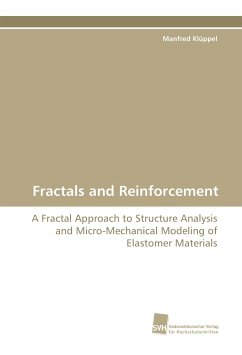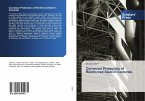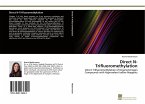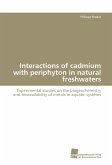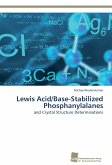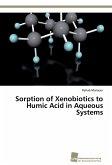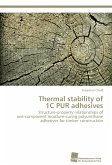This book explores the fractal nature of filler networks on different length scales and relates it to the specific reinforcing properties of elastomer nano-composites. In the first part, the surface structure and primary aggregate morphology of carbon black (CB), the most widely used filler in technical rubber goods, are analyzed on nanoscopic length scales by gas adsorption techniques and TEM. It is demonstrated that CB exhibits a characteristic self-similar structure, which is shown to be related disordered growth processes during CB processing. In the second part, the role of disorder is investigated on mesoscopic length, where a filler network in formed due to attractive filler-filler interactions. The structure of this network and the specific properties of filler-filler bonds are analyzed by dynamic-mechanical and dielectric spectroscopy. Based on these investigations, a micro-mechanical model of stress softening and filler-induced hysteresis of reinforced elastomers up to large strain is developed. The model is found to agree fairly well with quasi-static stress-strain data obtained with silica and CB filled rubbers.
Bitte wählen Sie Ihr Anliegen aus.
Rechnungen
Retourenschein anfordern
Bestellstatus
Storno

